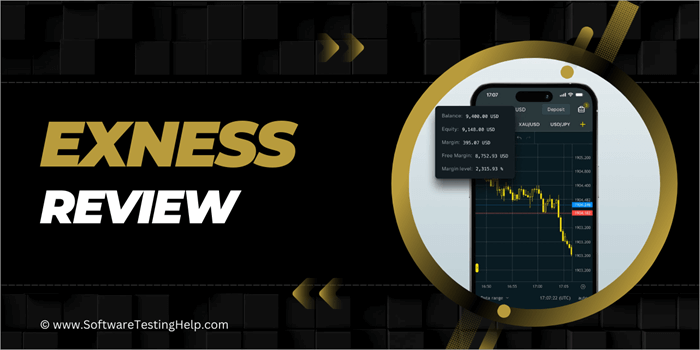
Understanding the Exness Economic Calendar for Better Trading Decisions
The exness economic calendar Exness broker provides a robust economic calendar that aids traders in navigating the complexities of global financial markets. Understanding this tool is crucial for making informed trading decisions.
What is an Economic Calendar?
An economic calendar is a schedule of economic events and indicators that can impact the financial markets. This includes reports on employment, inflation, manufacturing, and other significant economic activities. Traders rely on this information to gauge market sentiment and predict potential price movements in various assets.
The Importance of the Exness Economic Calendar
The Exness Economic Calendar is specially curated to assist traders in tracking upcoming economic events that may affect market conditions. By staying updated on these events, traders can make better-informed choices, tailor their trading strategies, and potentially enhance their overall profitability.
Key Features of the Exness Economic Calendar
- Real-time updates: The calendar offers real-time updates on economic events, ensuring that traders are always informed of the latest developments.
- Event categorization: Events are categorized by type (e.g., interest rate decisions, GDP reports), allowing traders to focus on what’s most relevant to their strategies.
- Impact level: Each event is rated based on its potential impact on the markets, helping traders prioritize which events to pay attention to.
- Historical data: The calendar provides historical data on past events, enabling traders to analyze trends and make more accurate predictions.
How to Use the Exness Economic Calendar Effectively
Using the Exness Economic Calendar effectively involves understanding the timing and implications of each event. Here are some tips:

- Monitor High-Impact Events: Focus on high-impact events that are likely to cause significant volatility in the markets you trade.
- Plan Ahead: Use the calendar to plan your trades in advance, especially around major economic announcements.
- Adjust Strategies: Be prepared to adjust your trading strategies based on the events listed in the calendar.
- Stay Informed: Regularly check the calendar for updates and last-minute changes to the scheduled events.
Examples of Key Economic Indicators
Some of the key economic indicators that traders often watch include:
- Gross Domestic Product (GDP): This measures the overall economic output of a country.
- Employment Data: Reports such as Non-Farm Payrolls (NFP) indicate job growth and can greatly influence market sentiment.
- Consumer Price Index (CPI): This measures inflation, impacting monetary policy decisions.
- Central Bank Meetings: Interest rate decisions from central banks are crucial, as they directly impact currency values.
Benefits of Using the Exness Economic Calendar
The benefits of utilizing the Exness Economic Calendar are manifold:
- Enhanced Decision-making: Traders can make informed decisions based on up-to-date information.
- Risk Management: Understanding potential market-moving events allows for better risk management strategies.
- Market Awareness: Keeping track of economic indicators fosters a deeper awareness of global market dynamics.
Conclusion
The Exness Economic Calendar is an invaluable resource for traders looking to enhance their trading strategies. By leveraging this tool, traders can stay informed about essential economic events, make educated trading decisions, and potentially increase their profitability in the financial markets. Therefore, integrating the Exness Economic Calendar into your trading routine could make a significant difference in your overall trading success.
In summary, understanding how to utilize the Exness Economic Calendar effectively can greatly improve your trading outcomes. Stay vigilant, remain adaptable, and keep learning to maximize the benefits of this powerful tool.
Schreibe einen Kommentar